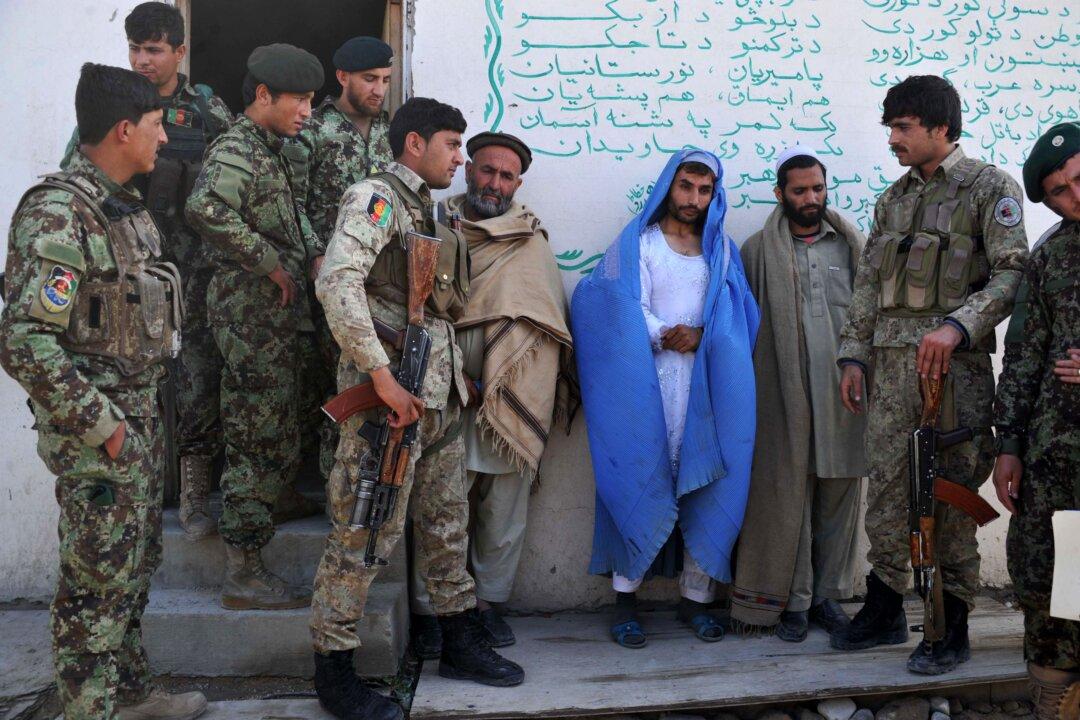A Sri Lankan member of Parliament has called for a ban on the burqa across the country, following the suicide bombings that killed at least 359 people and left more than 500 injured on Easter Sunday.
Professor Ashu Marasinghe, a United National Party member, made the private member’s motion to Parliament on April 24, stating that the burqa, which is worn by women and covers the face and body, isn’t traditional Muslim clothing.





